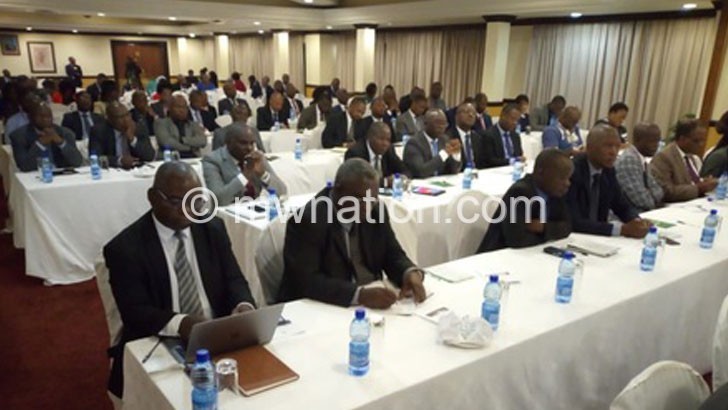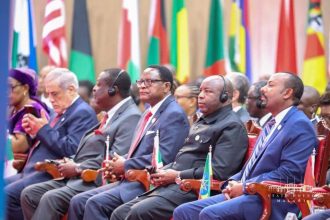Taxes deter pension Funds investment
Taxes are hindering pension fund managers from investing a huge chunk of pension funds in infrastructure development, resulting in most of the money being invested in short-term instruments.
Speaking yesterday in Blantyre during a symposium on pension funds’ investments in infrastructure organised by the Reserve Bank of Malawi (RBM), Illovo Pension Fund trustee Lekani Katandula called for tax reforms to reverse the trend.

He cited value added tax (VAT) and capital gains tax imposed on infrastructure as being restrictive, observing that this becomes a risk that hinders return on investments.
The concern comes against the backdrop of figures provided by RBM Governor Dalisto Kabambe, who officially opened the symposium, indicating that in Malawi, 45 percent of the pension funds have been invested in shares listed on the Malawi Stock Exchange (MSE), 29.6 percent in government debt securities, with the remaining 10 percent invested in fixed deposits.
But Katandula said the scenario is like this because they want to protect the pension fund to ensure that in the long-term, contributors get something equivalent to what was invested in real terms, higher than inflation while at the same time have liquidity to pay existing pension obligations.
He said: “Our liabilities are long-term; hence, we need to invest in infrastructure, but taxes are always an issue and a bigger concern.
“Regulatory requirement can be an issue from time to time, but we hope to get requirements that can match with the duration of our liabilities and asset portfolio.”
Agreeing with Katandula was Old Mutual Malawi group chief executive officer Edyth Jiya, who said while asset managers need to work more on asset accumulation to areas that would provide particular return, issues around governance and whether one is going to get returns as well as regulatory reforms, provide no incentives to the industry; hence, low investments.
But Kabambe said as the situation stands, it means that the bulk of the pension funds have been invested in short-term instruments which are prone to short-term interest rate movements as well as share price fluctuations.
He said: “This is not what pension funds are meant for as these are long-term liabilities. This symposium is, therefore, organised for us to discuss how we can move forward on this important subject.
“We have a situation where on one hand pension funds are growing rapidly while on the other hand, the stock market is not growing fast enough, meaning that better ways ought to be found for redirecting pension funds towards long-term investments such as infrastructure.”
Since the passing of the Pensions Act in 2011, the number of people with pensions has increased from 102 505 in 2011 to 422 993 as at March 31 2019, with six pension service companies as opposed to three at the beginning.
RBM figures show that annual contributions collected have increased from a meagre K8.6 billion in 2011 to K98.3 billion in 2018, with a scope for further increases while pension assets have increased from K74.8 billion in 2011 to K757.4 billion in March 2019, which is about 14.4 percent of the gross domestic product (GDP) currently at about $6.5 billion (about K4.8 trillion).
RBM projects that by 2019, pension assets will be at K894 billion and increase further to K1.1 trillion by 2020.
Ministry of Finance, Economic Planning and Development director of debt and aid division Betty Ngoma said government plans to review the Act. n





